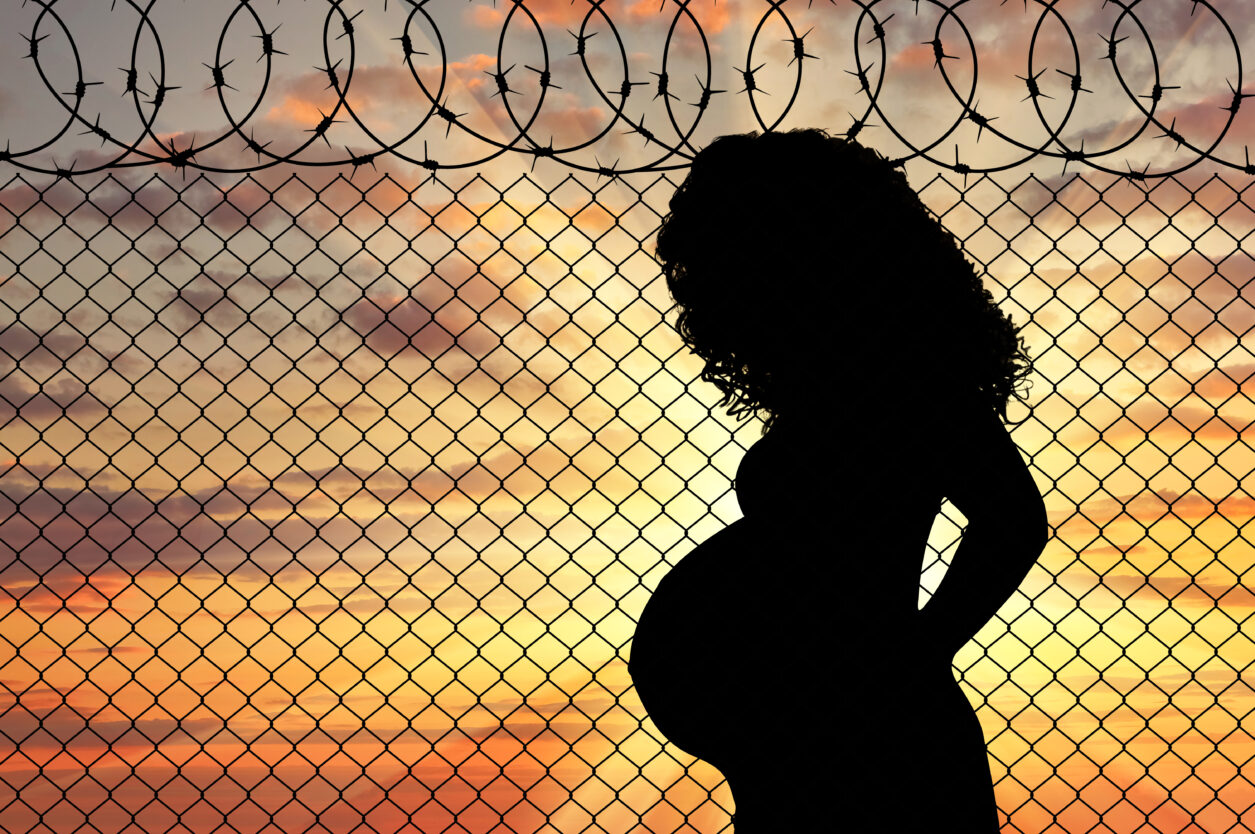Every year, the Women’s Funding Network (WFN), the largest alliance in the world dedicated to advancing the role of philanthropy in the fight for gender equality and justice, holds a lobby day to educate and inspire U.S. policymakers on issues that impact women and girls. As part of this year’s event on September 9, Zain Lakhani, WRC’s Director of Migrant Rights and Justice, spoke at the Feminist Philanthropy Senate Briefing. Her powerful remarks focused on how the Trump Administration’s immigration policy shifts have created a new family separation crisis and also resulted in untold numbers of pregnant, postpartum, and lactating women in U.S. immigration detention:
“There are protections in place to ensure that parents who are being deported can bring their children with them, if that is their wish, or make alternative care arrangements if that is their wish. … But all the evidence that we have collected clearly demonstrates that this is not happening, and that families are being ripped apart needlessly by a mass detention and deportation system that is moving too swiftly for human rights.
The second issue is that … since 2021, we have had a[n ICE] policy that prohibits the detention of pregnant, postpartum, and lactating women, except in certain exceptional circumstances. And, if they must be detained, [the policy] imposes strict requirements on detention facilities to monitor them closely, house them in suitable facilities, and provide appropriate care. We have substantial evidence to suggest that these requirements are not being followed.”
Pregnant, postpartum, and lactating women are among the most vulnerable groups in the immigrant detention system. We know that they are suffering harm, but one of the most substantial challenges we face is determining the scope and scale of the problem. That is largely because immigration detention has become a black box. Advocate and legal service providers are no longer able to access facilities to speak with migrants, monitor their treatment, or provide “know your rights” training, as we have in the past. Furthermore, the Department of Homeland Security has effectively gutted most of its own monitoring and oversight agencies. This shutdown of information has placed enormous pressure on advocacy organizations to innovate new methods of monitoring and documentation.
One of WRC’s innovations has been to travel abroad to research what is happening inside the United States. In interviews that we conducted this summer with staff of organizations in Central America and Mexico who provide services to people who have just been deported from the U.S., we uncovered credible anecdotal evidence of systemic mistreatment. We heard multiple accounts of pregnant women not receiving adequate nutrition in detention, miscarrying women not being given appropriate aftercare, and postpartum women being unable to nurse their babies due to malnutrition.
WRC will not let this happen in the dark. This week, we launched another innovation: a “pregnancy tracker,” currently in beta, to help us, as well as our partners, document the treatment of pregnant and postpartum women in detention and to better understand and advocate for their circumstances, conditions, and needs. We will be populating the tracker with information from healthcare providers, attorneys, and others who engage with people in ICE detention. The tracker will be an essential tool to help us monitor and mitigate harms of new detention and enforcement policies and practices.


